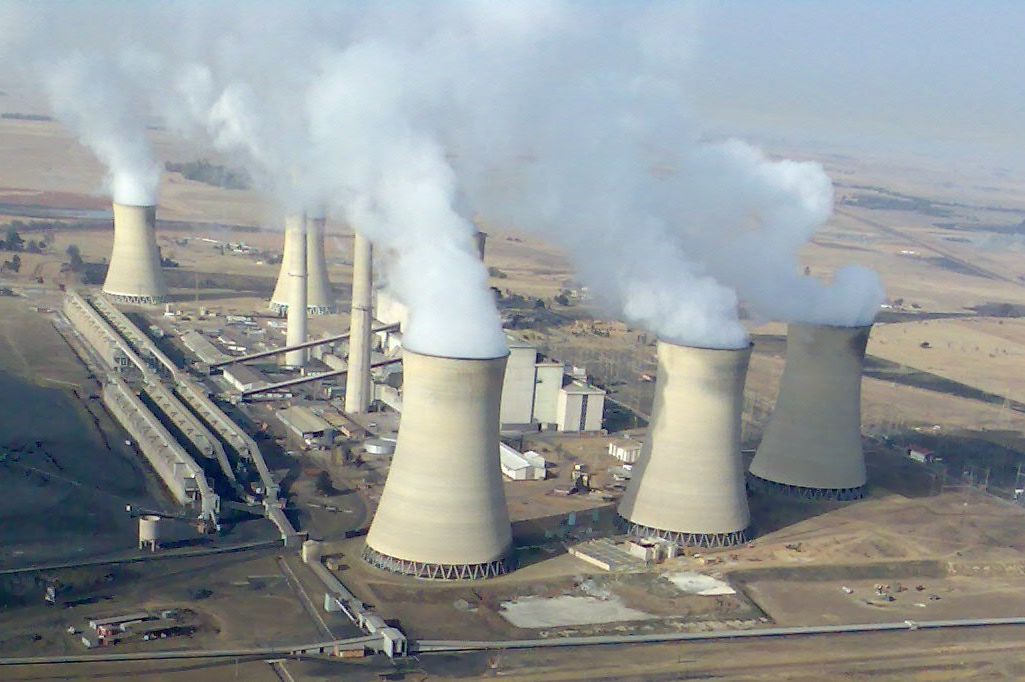South Africa‘s president, Cyril Ramaphosa, announced today that France, Germany, the United Kingdom and the United State will provide $8.5 billion in funds to help the country achieve the new carbon emission targets that were presented in the Nationally Determined Contribution (NDC) brought to the COP26 conference in Glasgow, UK.
“The highly concessional finance that will be mobilised through this partnership will accelerate investment in renewable energy and the development of new sectors such as electric vehicles and green hydrogen,” the president said in a statement released. “This will provide a significant boost to investment and growth while ensuring Eskom can access resources to finance repurposing of coal-fired power stations due for decommissioning over the next 15 years.”
The funds should be allocated through multilateral and bilateral grants, concessional loans, guarantees and private investments. A task force will now seek to identify initial sources of financing for the electricity and coal mining sectors, as well as financing options for the development of electromobility and green hydrogen.
“The details still need to be worked out by a joint task force, but the funds are intended to expedite South Africa's transition away from its coal dependency through growth in clean energy,” Chris Ahlfeldt, an energy specialist at Blue Horizon Energy Consulting Services, told pv magazine. “It will likely be allocated through private investments and includes support for workers affected by the transition away from coal. It will also be interesting to see how much of these funds will be used to assist Eskom’s with its spiraling debt which is currently over three times larger than the entire US$8.5 billion pledge.”
Popular content
The country's troubled power utility Eskom last year took its first steps to “repurpose” its coal power plants, but most of its generation fleet is still represented by coal power assets. The Covid-19 pandemic had helped the utility to temporarily resolve power supply issues, but the current economic recovery and the increasing energy demand is forcing it to resume load-shedding, which occurs when it cuts power supplies because demand on the network is too much for it to handle.
Meanwhile, the fifth round of the Renewable Energy Independent Power Producer Procurement Program (REIPPPP) concluded last week has shown that large scale wind and solar power plants are already able to outperform coal in the country. The procurement exercise's lowest bid of ZAR 0.34425 ($0.02279) was submitted for a 124 MW wind facility planned to be built in Hantam, in the Northern Cape region, while for the solar technology the lowest price was ZAR 0.37479 ($0.02481), which was offered for six 75 MW solar parks expected to be constructed in Tokologo, an administrative area in the Lejweleputswa District of the Free State region.
This content is protected by copyright and may not be reused. If you want to cooperate with us and would like to reuse some of our content, please contact: editors@pv-magazine.com.



2 comments
By submitting this form you agree to pv magazine using your data for the purposes of publishing your comment.
Your personal data will only be disclosed or otherwise transmitted to third parties for the purposes of spam filtering or if this is necessary for technical maintenance of the website. Any other transfer to third parties will not take place unless this is justified on the basis of applicable data protection regulations or if pv magazine is legally obliged to do so.
You may revoke this consent at any time with effect for the future, in which case your personal data will be deleted immediately. Otherwise, your data will be deleted if pv magazine has processed your request or the purpose of data storage is fulfilled.
Further information on data privacy can be found in our Data Protection Policy.